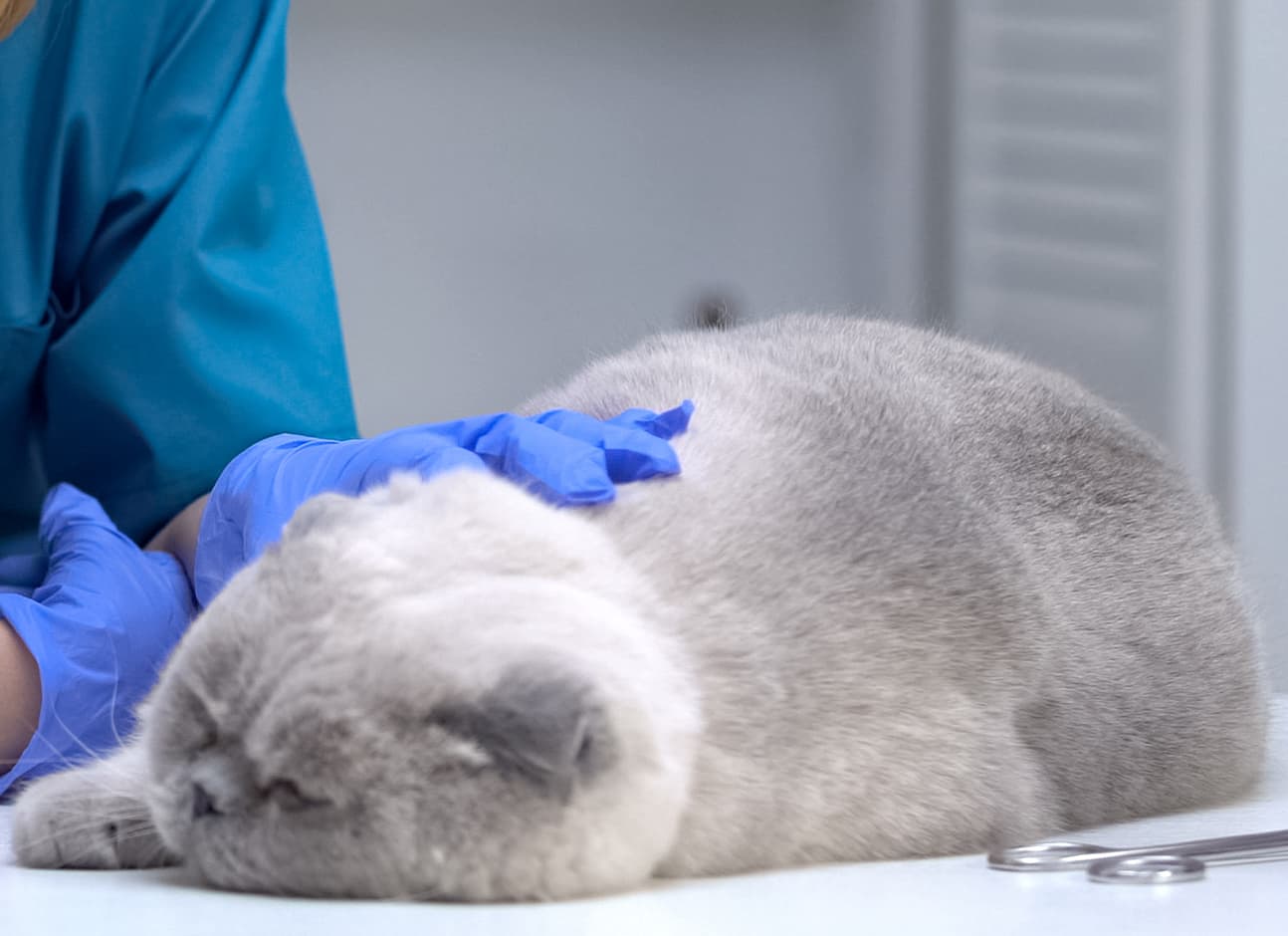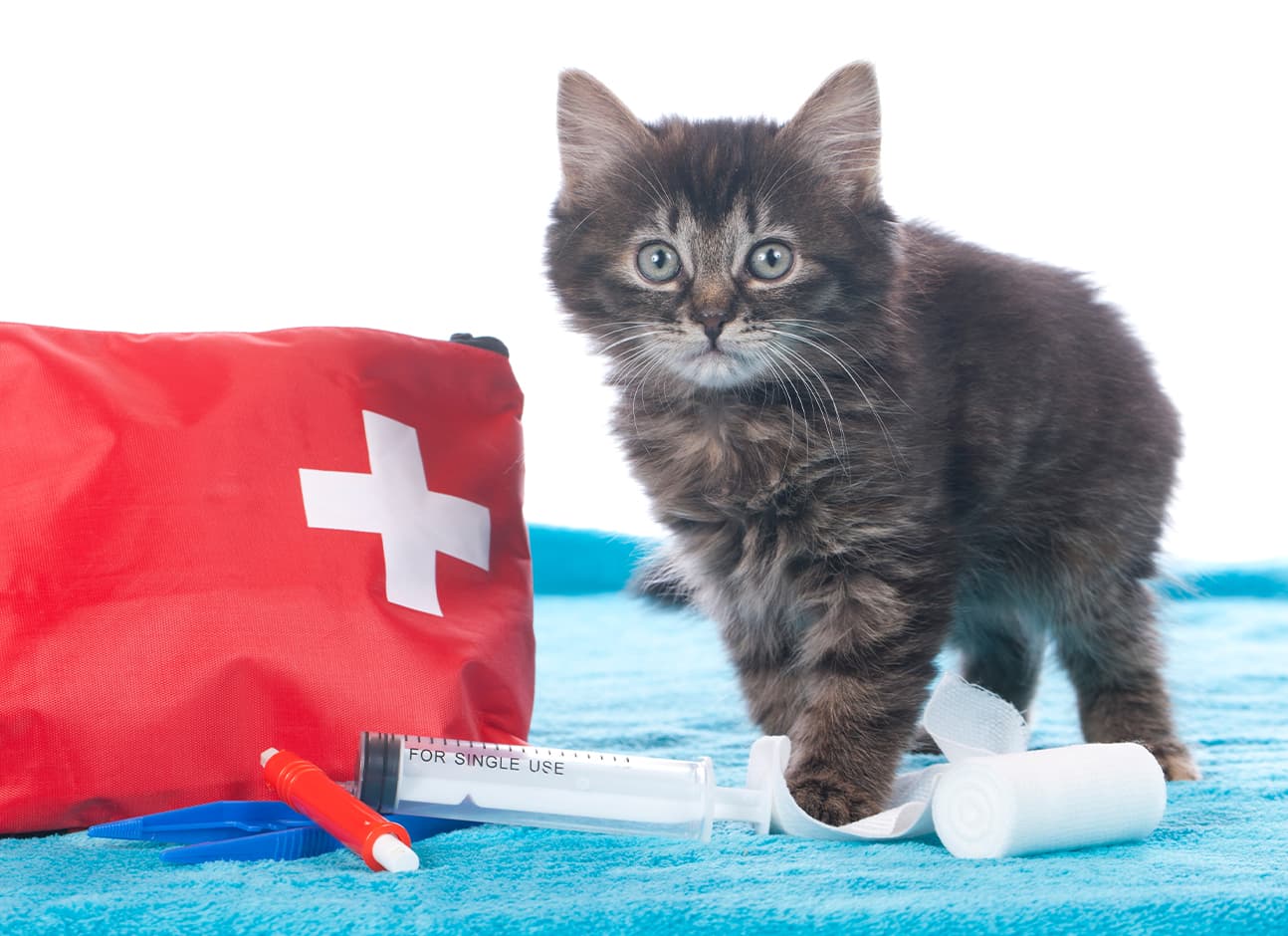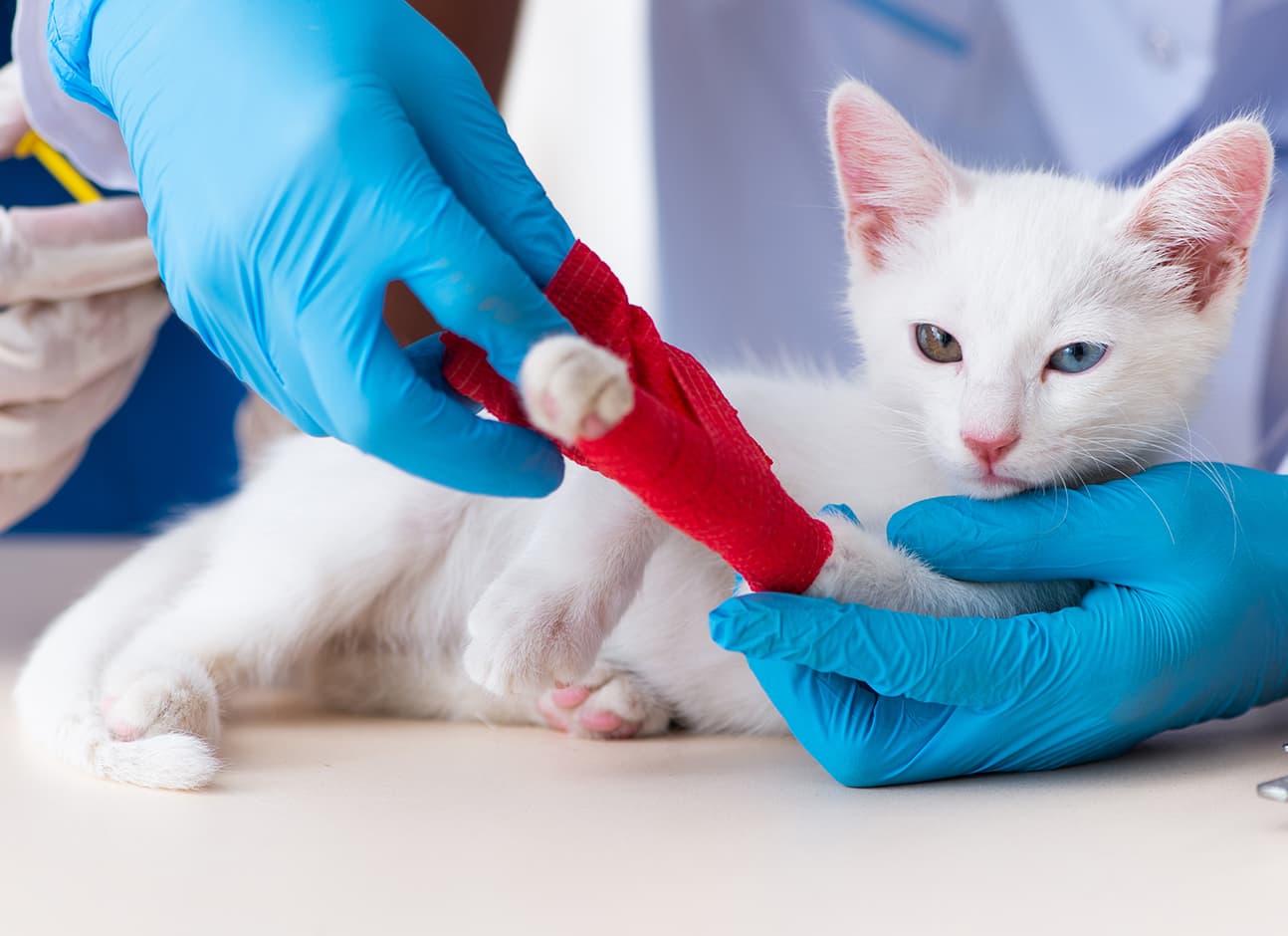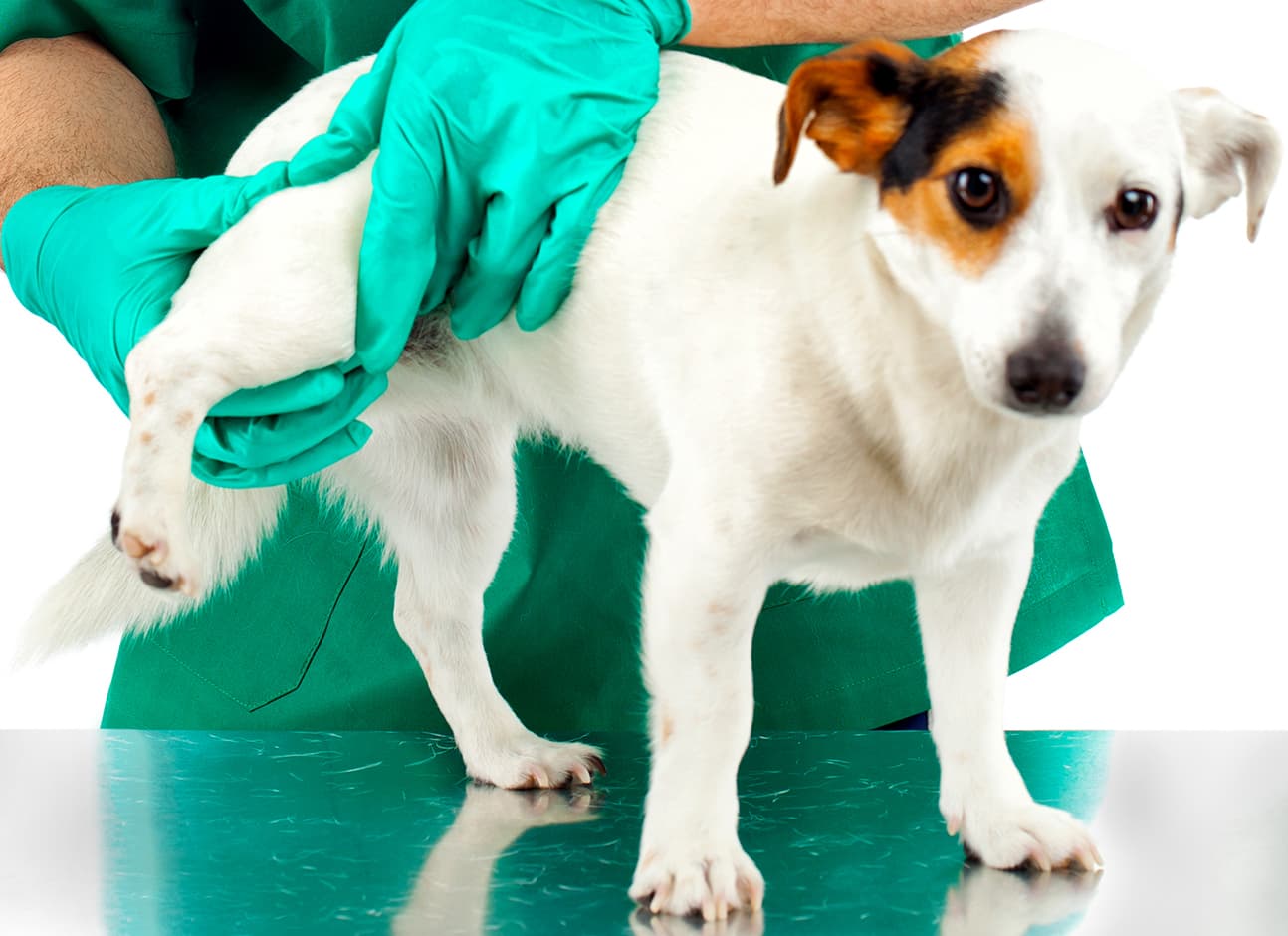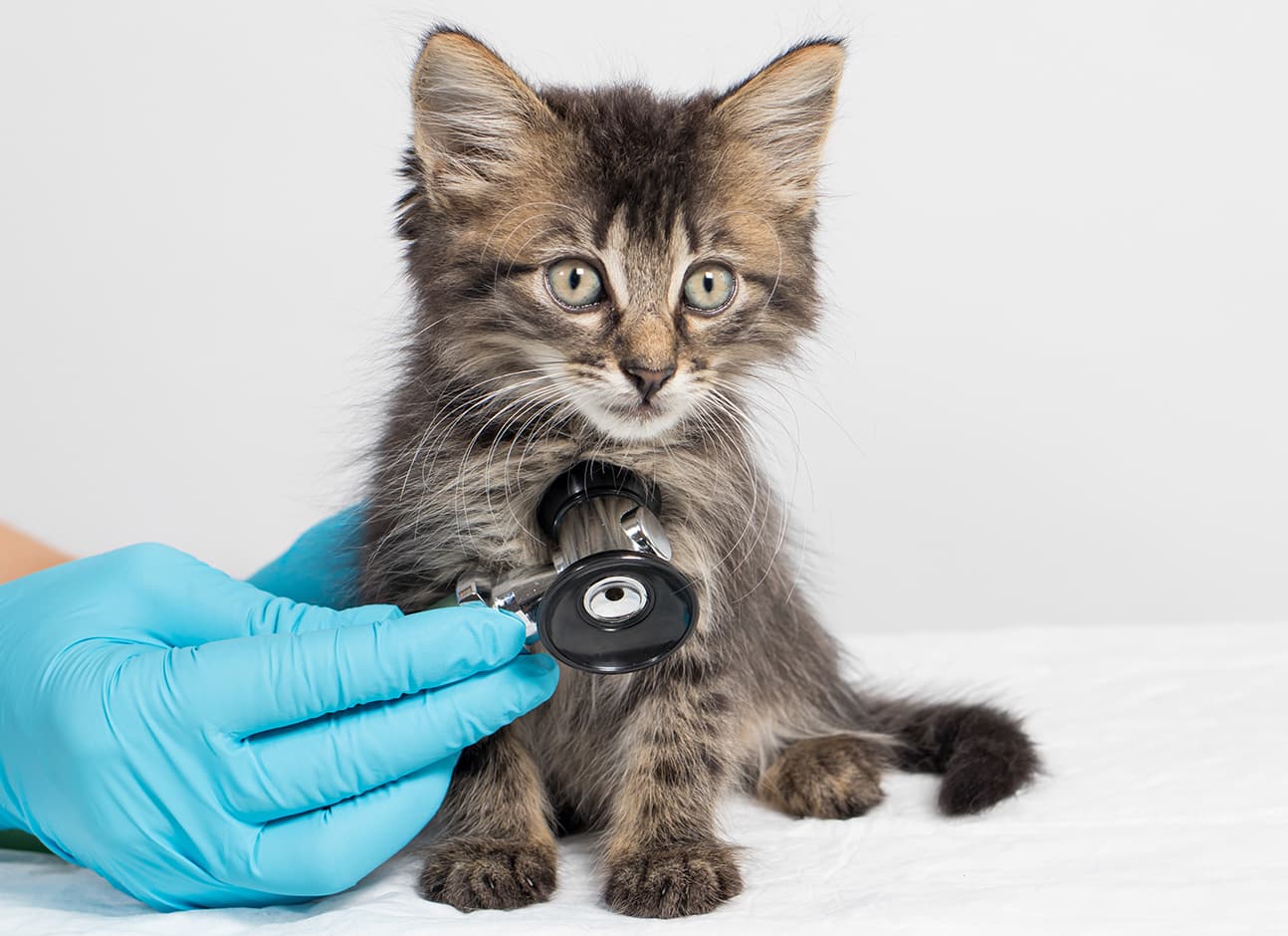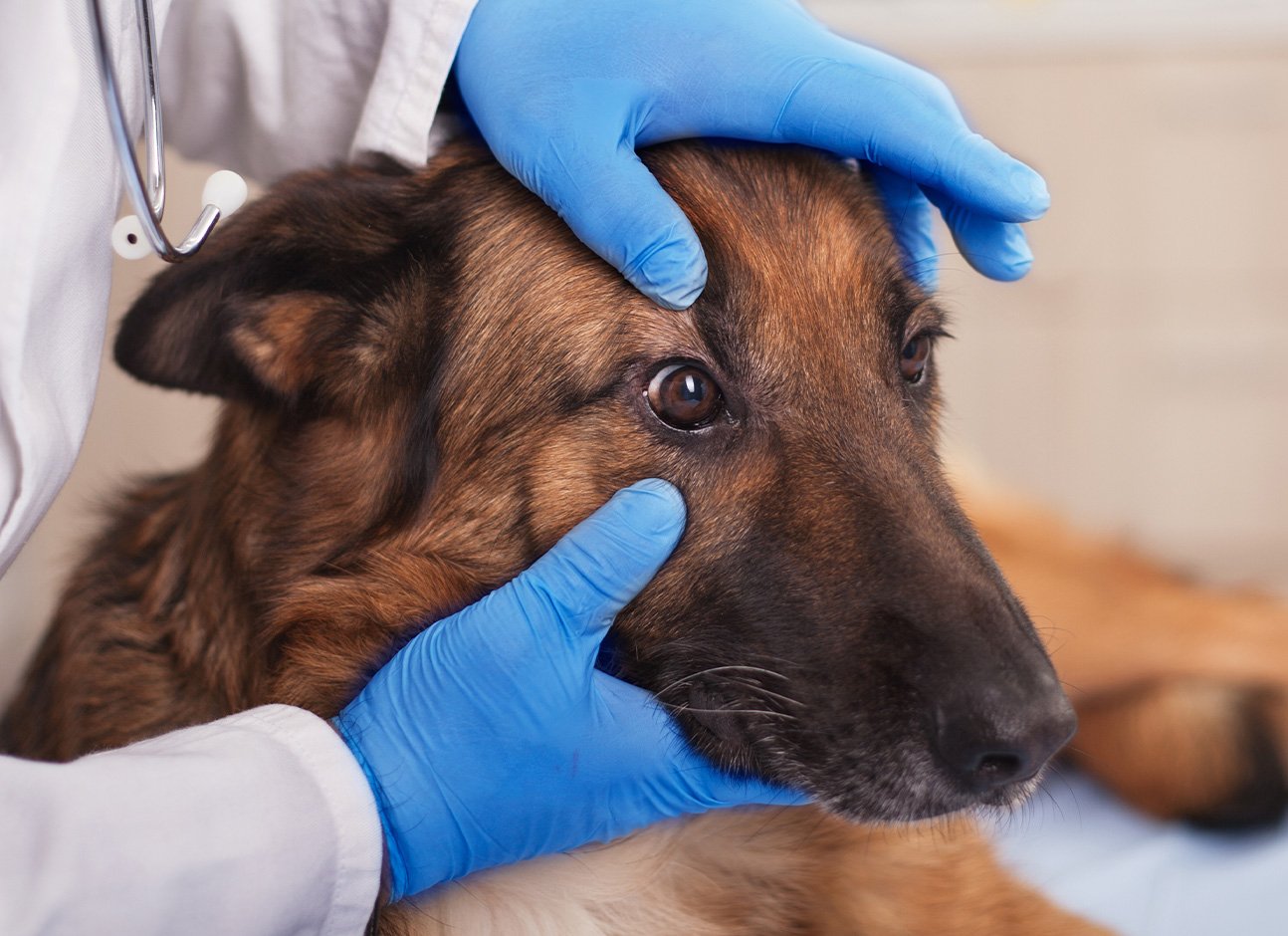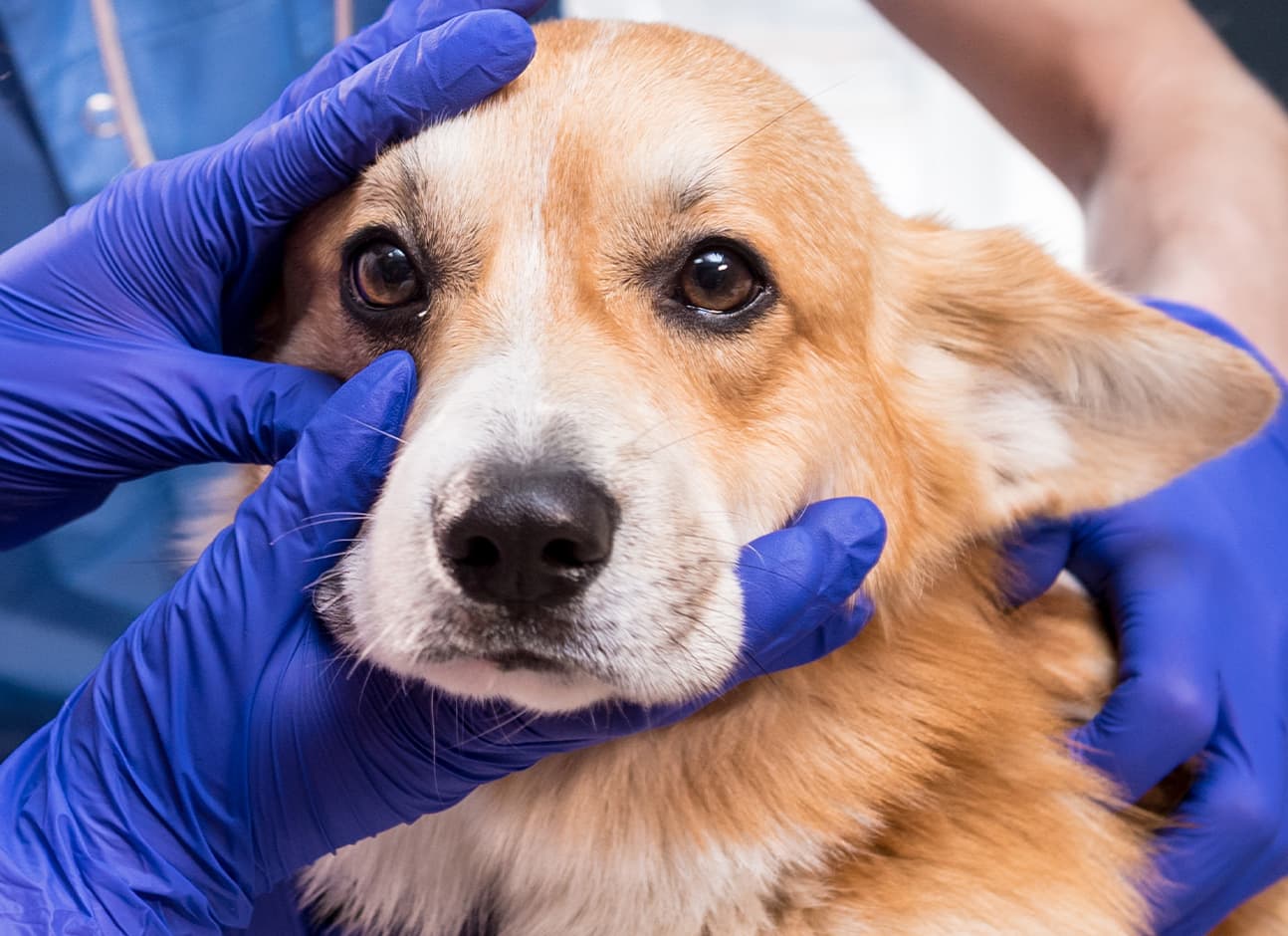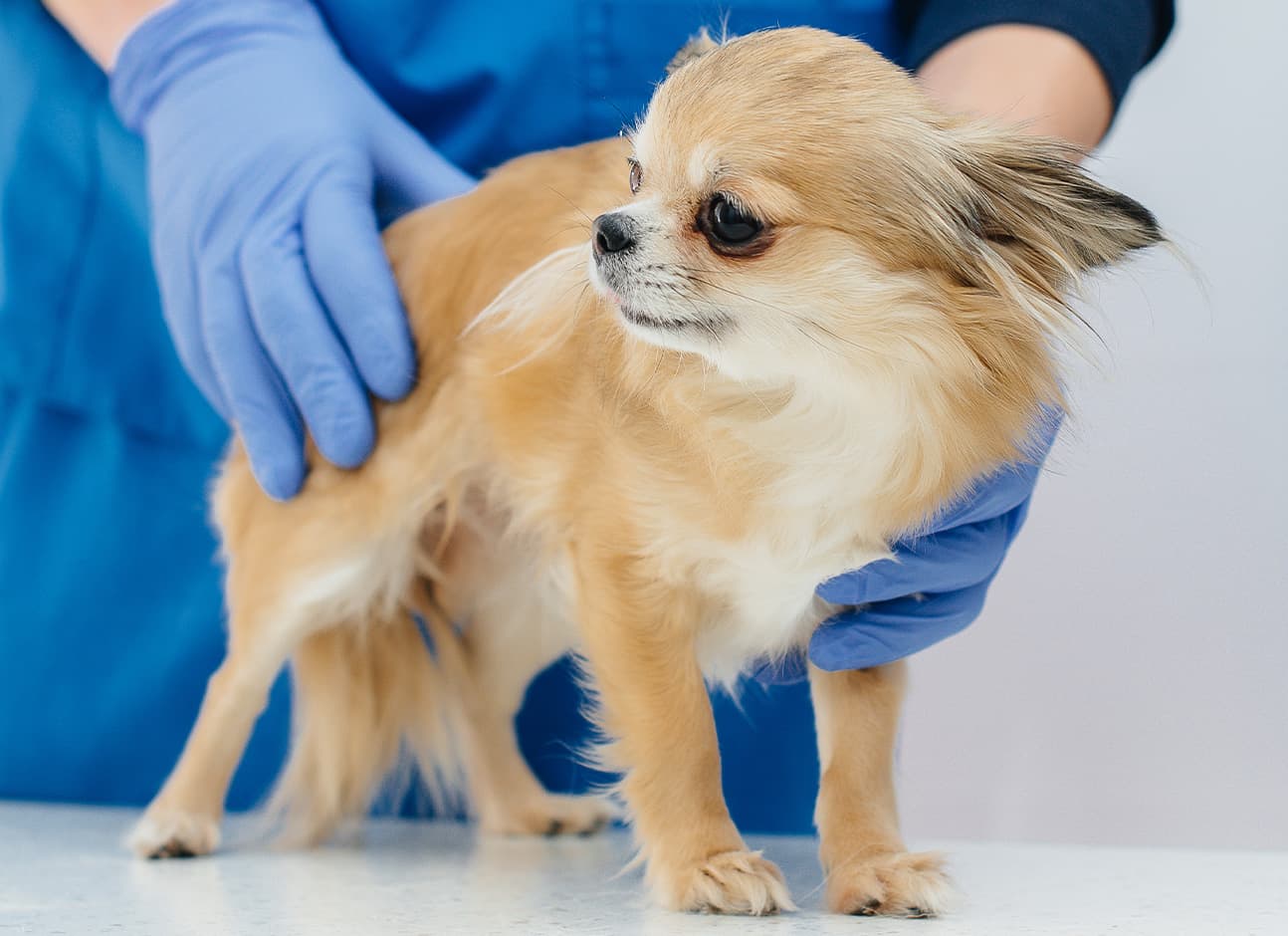- Updated: 25 Nov 2025
Why does a dog itch, lick or chew itself?
One of the most common causes of concern and a reason for dog owners to contact veterinarians is severe itching in their pet. Itching accompanies most skin diseases in animals, so before taking any action, a pet owner should immediately seek professional help from a veterinarian at Modern Vet Clinic.
- Updated: 26 Nov 2025
HYPERTHYROIDISM IN CATS
Hyperthyroidism, also known as thyrotoxicosis, is caused by an increase in thyroid hormone synthesis (known as T3 and T4) from an enlarged thyroid gland in a cat’s neck. The most common cause of thyroid gland enlargement is an adenoma, which is a non-cancerous growth.
- Updated: 27 Nov 2025
EMERGENCY KIT CHECKLIST FOR CATS AND DOGS
Being prepared for any disaster is essential. Nobody likes to think about the worst-case possibilities. However, in order to safeguard your family, including your pets, you must plan beforehand for a probable emergency....
- Updated: 27 Nov 2025
PERIODONTAL DISEASE IN DOGS
Canine periodontal disease is a common dental condition in dogs that affects the gums and tissues surrounding the tooth through the deposition of dental plaque and tartar on the teeth. Also known as...
- Updated: 26 Nov 2025
PAIN IN DOGS AND CATS
For any pet parent, it is a nightmare to see your fur baby in pain. It is further compounded by the fact that pets cannot verbally communicate their concerns to us. As a...
- Updated: 26 Nov 2025
FELINE LOWER URINARY TRACT DISEASE (FLUTD)
Feline Urinary Tract Disease (FLUTD) comprises various conditions that primarily affect the urinary bladder and the urethra in cats. These conditions include urinary tract infections, bladder stones, and although rare, even cancer of...
- Updated: 26 Nov 2025
TRACHEAL COLLAPSE IN DOGS
In canine tracheal collapse, the cartilage rings around the windpipe become weak and slag, making it difficult for air to pass into the lungs.
- Updated: 26 Nov 2025
LIMPING IN CATS: CAUSES AND TREATMENT
Every cat parent wants their pet to be healthy and happy, and to explore everything life has to offer. However, health and medical concerns can sometimes get in the way, and feline limping...
- Updated: 26 Nov 2025
LIMPING IN DOGS: CAUSES AND TREATMENT
As a pet parent, you would want your fur baby to always be healthy and happy, actively frolicking about and enjoying life. However, canine limping can significantly lower the quality of life and...
- Updated: 26 Nov 2025
HIP DYSPLASIA IN DOGS
Hip dysplasia is a skeletal disorder that is more common among large dog breeds. Canine hip dysplasia is caused by the frictional abrasion of the hip joint in lieu of a smooth sliding...
- Updated: 27 Nov 2025
HEAT STROKE PREVENTION
Summer is the perfect time to go to the beach and frolic around the dog park with your canine friend. However, the hot weather also increases the chances of heat strokes among people,...
- Updated: 26 Nov 2025
LEPTOSPIROSIS: CAUSES, TREATMENT, & PREVENTION
Canine leptospirosis is caused by a microorganism called spirochete bacteria. Dogs contract the virus from other infected animals like rats, feral cats, and other dogs. It is also passed through urine which is...
- Updated: 26 Nov 2025
PARASITE PROTECTION FOR DOGS
Parasites can be a pesky occurrence doomed to bother your pet every now and then. However, they can also prove to be more than just a thorn on the side as they eventually...
- Updated: 28 Nov 2025
MAST CELL TUMOR IN DOGS
Mast cell tumors (MCTs) are the result of maligned mast cells in the body. MCTs are the most common skin tumor among dogs, accounting for about 20% of all canine skin tumors till...
- Updated: 25 Nov 2025
Toxic and non-toxic plants for cats
Some plants can do more harm than good for your furry friends which makes it important to keep them away from such toxic plants.
- Updated: 27 Nov 2025
VOMITING IN CATS
Vomiting is a common problem among cats. However, it is not normal and has a number of causes. Cats may also regurgitate as a result of eating too much or too fast.
- Updated: 27 Nov 2025
COUGHING IN CATS
Although cats do cough like dogs and other animals, coughs are relatively uncommon among the feline population. Cats usually cough in response to foreign matter in their respiratory system, an inflamed or irritated...
- Updated: 27 Nov 2025
COUGHING IN DOGS
It is not easy to watch your pet get sick especially since they cannot verbally express their discomfort like we do. Much like their humans, dogs also experience coughing in their lifetime. While...
- Updated: 26 Nov 2025
GLAUCOMA IN DOGS
Glaucoma is the accumulation of fluid in the eye which puts increased pressure on it, eventually leading to loss of vision. Just like humans, dogs can also develop glaucoma. There are two kinds...
- Updated: 27 Nov 2025
OBESITY IN CATS
It must be very adorable to have a plump, chubby cat to go home to. However, it is not such a pleasant experience for your kitty especially if they are obese. Feline obesity...
- Updated: 26 Nov 2025
OBESITY IN DOGS
Obesity is a health problem not restricted to humans alone. In dogs it is one of the leading health concerns resulting from extreme body fat that contributes to weight gain. Much like in...
- Updated: 26 Nov 2025
CATARACTS IN DOGS
Cataract is an eye condition which involves the increasing opacity of the lens leading to a loss of vision eventually. Unlike in humans -- who can usually speak for themselves -- cataracts in...
- Updated: 27 Nov 2025
NUTRITION FOR CATS
Adequate nourishment is essential for the continued sustenance of life on earth. The same goes for cats as well. Feeding your cat the right kind of foods containing the required nutrients is a...
- Updated: 26 Nov 2025
PANCREATITIS IN DOGS
Pancreatitis is essentially the inflammation of the pancreas. It is a dangerous disorder made more so by the fact that its warning signs are not that clear and can be easily mistaken for...

